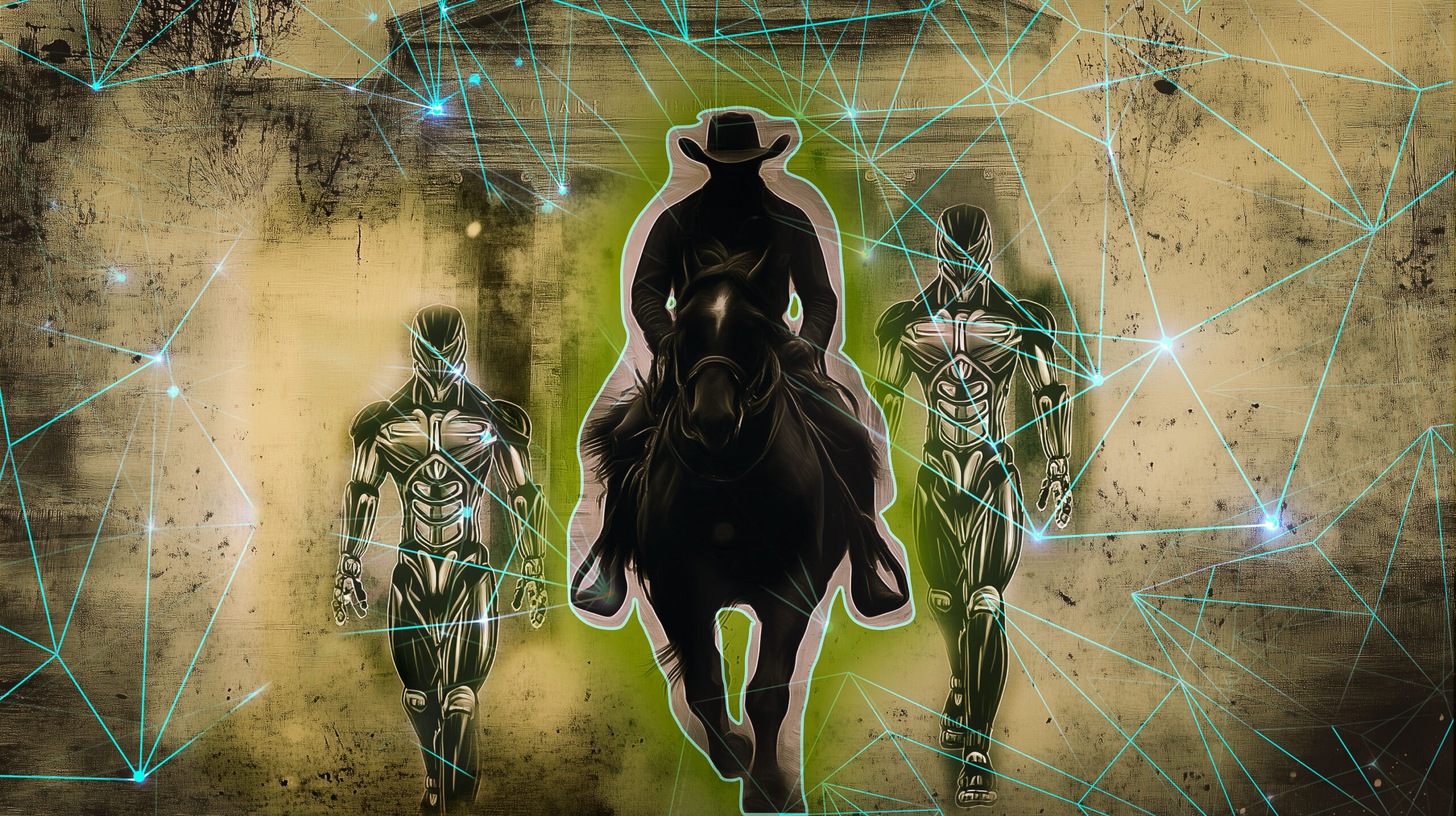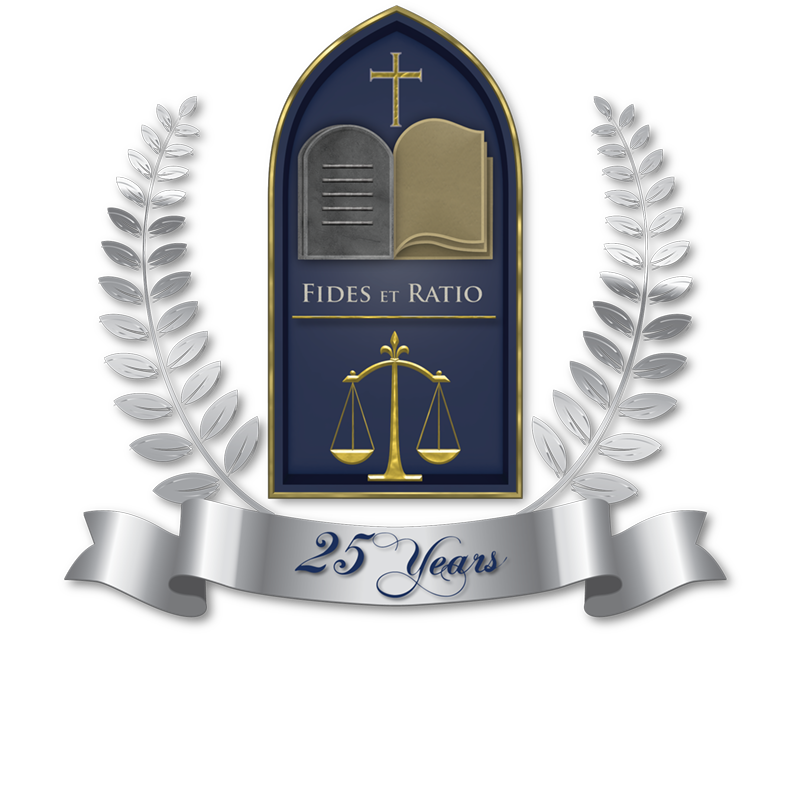AI Killed the Lawyer Star

By Timothy Carver,
The Gavel, Contributor
J.D. Candidate, Class of 2025
Recently, in most professions, Artificial Intelligence and its various forms have been at the forefront of discussion—the best thing since sliced bread. Hollywood, or Atlanta, has prepared America for these times for years. From Robocop1 artificially asserting police power, Minority Report2 and AI being the jury before the crime ever happens, to total destruction Arnold style, as humanity battles to save the world in The Terminator.3 It is incredible how creative humans are when they explore the unknown. The sky is falling on Chicken Little4; there is nothing new under the sun. Society seems to be searching for the end of the end. Some of us, or your parents, survived threats from the Mayan calendar to Y2K, which helped monetize the prepper phenomenon. Armageddon? By the grace of God, we are prepared for that.5
In the legal field, change is nothing new. Legal research has gone from hours in the stacks to a click of a few buttons, sometimes even on a cell phone in the courthouse. Once upon a time, law school libraries boasted of the number of volumes they housed. It was not that long ago the American Bar Association required that number to be part of law schools’ annual reports.6 Now, the libraries are primarily study halls. When was the last time someone saw a tangible Dewey Decimal Card file, let alone used it? Secondary sources are pivotable, yet they are now on the same screen as opinions we read, not different rooms. Shepardizing was forced into the same transformation. Imagine someone still shepardizing with paper supplements. All these systems have incorporated forms of AI, and they are not slowing down.
Where does that leave the legal field today? How will AI affect legal proceedings from this day forward? The bar associations are passing resolutions. The Florida Bar Association passed an ethics opinion warning of lawyers’ responsibilities to protect the confidentiality of client information and third-party platforms.7 Next, they merge generative AI into the same group of nonlawyer assistants, although not a “person,” when a licensed attorney adopts an AI work product, the Model Rules of Conduct apply identically as if AI were living.8 Concerns of improper billing were addressed in the opinion, including inflating billing and double billing.9 Lawyer advertising was addressed; in our highly competitive field, lawyers are not allowed to say my firm’s AI can beat up your firm’s AI, unless the claim is capable of objective verification.10 In Florida, lawyers have access to new AI tools, the lines are being drawn, and the game is afoot.11
On the national level, there is a different sovereignty, the American Bar Association. While meeting in Denver in August 2023, they penned a resolution with warnings and recommendations.12 The number of cyberattacks is a growing concern and has opened the doors to a legal arena.13 In the crosshairs of potential GPT-4 cyberattacks are law schools.14 In conclusion, and resolved on the cover page, “The American Bar Association urges law schools to incorporate cybersecurity and emerging technologies into their curricula.”1516
Where does that leave readers of the Gavel? Law Students across the country are standing at the edge of a double black diamond ski slope with ski tips pointing downhill. Ahead is a new world, the untamed wild, wild west, the next dimension of the internet. There are only a few rules and guidelines and even less case law. AI is already used for client interviews, intakes, legal research and annotation, legal drafting, and contract review. The model rules of conduct say lawyers shall be competent to represent clients.17 Juris Doctor graduates will go down the ski slope. It is an amazing time to be on the frontline of new codes, statutes, unprecedented controversies, unheard-of questions presented, unwritten holdings, and appeals. How does one become competent in this new world? What is the next step? Step up, take action, and email the Dean of Academics to sign up for the first open seat in any class about AI. The ABA has told students and law schools to prepare before both are left behind in the stacks.
References:
1 RoboCop (Paul Verhoeven, 1987) Netflix.
2 Minority Report (DreamWorks Pictures 2002).
3 The Terminator (Orion Pictures Corporation 1984).
4 (See generally, ‘Chicken Little’)
5 John 3:16 (King James Version).
6 Theodora Belniak, The History of the American Bar Association Accreditation Standards for Academic Law Libraries, 106 Law Lib. J. 151 (2014). Available at: https://digitalcommons.law.buffalo.edu/law_librarian_articles/20
7 Florida Bar Ethics Opinion 24-1, State Bar of Florida Standing Committee on Ethics (2024).
8 Id.
9 Id.
10 Id.
11 Id.
12 Id.
13 American Bar Association, Resolution 610 (2023).
14 Id.
15 Id.
16 American Bar Association, Model Rules of Professional Conduct Rule 1.1 (2023).




